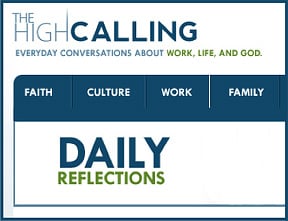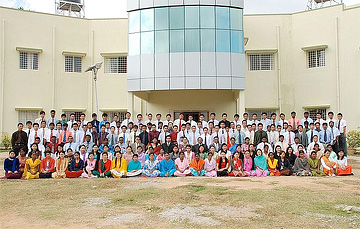In the last two weeks I’ve read three provocative pieces on the future of Christianity in general, and evangelical Christianity in particular. Two are books, one is an article. All three share certain things in common, though their visions for the correct future of Christianity are diverse if not contradictory. (I’ll get back to my blog series on the divinity of Jesus tomorrow, I expect.)
Christianity Today on Albert Mohler, Jr.
The article, which you can read online here, is the cover story for the latest issue of Christianity Today. “The Reformer,” by Molly Worthen, focuses on Albert Mohler, Jr., the President of Southern Baptist Theological Seminary in Louisville, Kentucky, and one of the most prominent conservative Christians in America. Time Magazine once referred to Mohler as the “reigning intellectual of the evangelical movement in the U.S.” Mohler’s influence in the Southern Baptist Convention has been monumental, and he is one of the most articulate and popular Christian pundits among secular media. I have met Al Mohler and have been on radio programs with him several times. He is brilliant, quick, clever, and blunt. He does not mince words and does not mind offending people. In fact, he infuriates people of many theological persuasions, as a very conservative Southern Baptist who is also Reformed in his theology. He is a passionate defender to the Bible and what he understands to be a Christian perspective on, well, everything. Mohler has a clear agenda for the future of evangelical Christianity in America and beyond, and he is pressing forward to implement this agenda. Whether you agree with him or not, or both agree and disagree, depending on the issue, Mohler deserves to be taken seriously, and I’m grateful for the Christianity Today story. It deserves a careful reading by all Christians, especially Christian leaders.
The Great Emergence by Phyllis Tickle
This book argues that Christianity is going through a change similar to what happened in the Great Reformation. It was written by Phyllis Tickle, founding editor of the religion department of Publishers Weekly. Tickle is a popular author and influential commentator of matters of church and faith. She envisions a Christian future that is far removed from the efforts of Albert Mohler and those of his camp. Among other things, she believes that Christian confidence in the Bible has God’s Word has been irrevocably lost. Thus she sees a Christian future in which there is a wide diversity of theological perspective, with authority grounded in the diverse experiences of people who claim to be Christians. You may not like some of what Tickle predicts, but her perspective deserves careful attention if not critique. Moreover, even if you don’t embrace Tickle’s vision, you’ll find many of her observations to be most helpful and wise.
The Next Christians: The Good News About the End of Christian America, by Gabe Lyons
Gabe Lyons is perhaps best known as the co-author of the bestselling book unChristian, which offered a sobering, one might even say, depressing look at the state of Christianity in America, especially among the next generations. In The Next Christians, Lyons builds on his findings in unChristian, but in an unexpectedly positive way. In many ways, he endorses the kind of cultural and ecclesiastical critique offered by Phyllis Tickle. But his hope envisions a Christian reality that is culturally engaged and yet solidly based on the authority of Scripture and the unique identity and role of Jesus Christ. Yet Lyons would not embrace the vision and strategy of Albert Mohler, nor would Mohler approve of much of what Lyons proposes.
Conclusion
Albert Mohler, Phyllis Tickle, and Gabe Lyons are all followers of Jesus who are seeking to be faithful to him in their thinking and writing. They all take seriously the culture(s) in which we live, realizing that we are in the midst of a monumental cultural shift. They all hope to lead Christians into a new era of faithfulness and influence. Yet their visions for how this should happen are about as different as could be.

